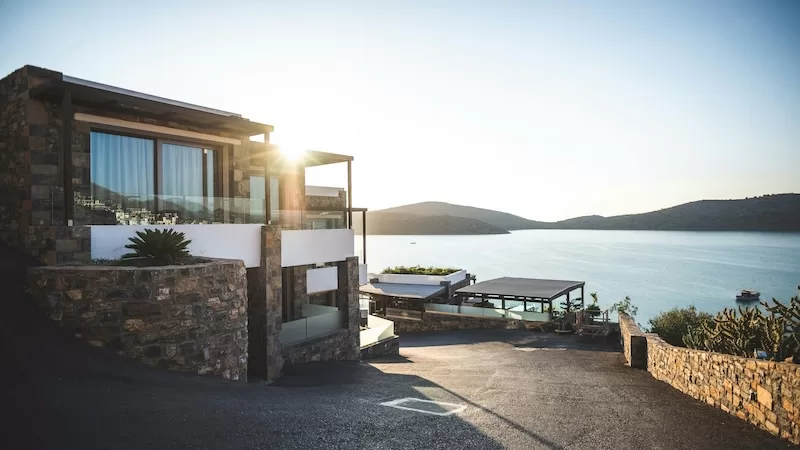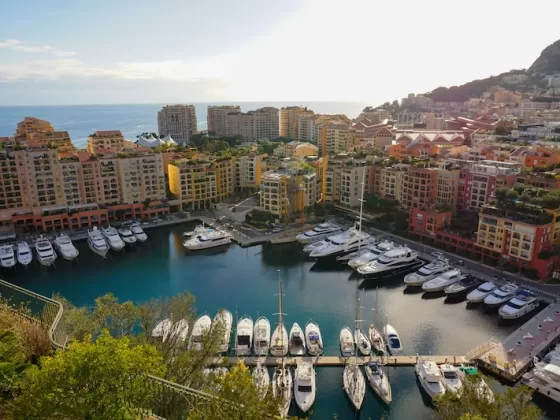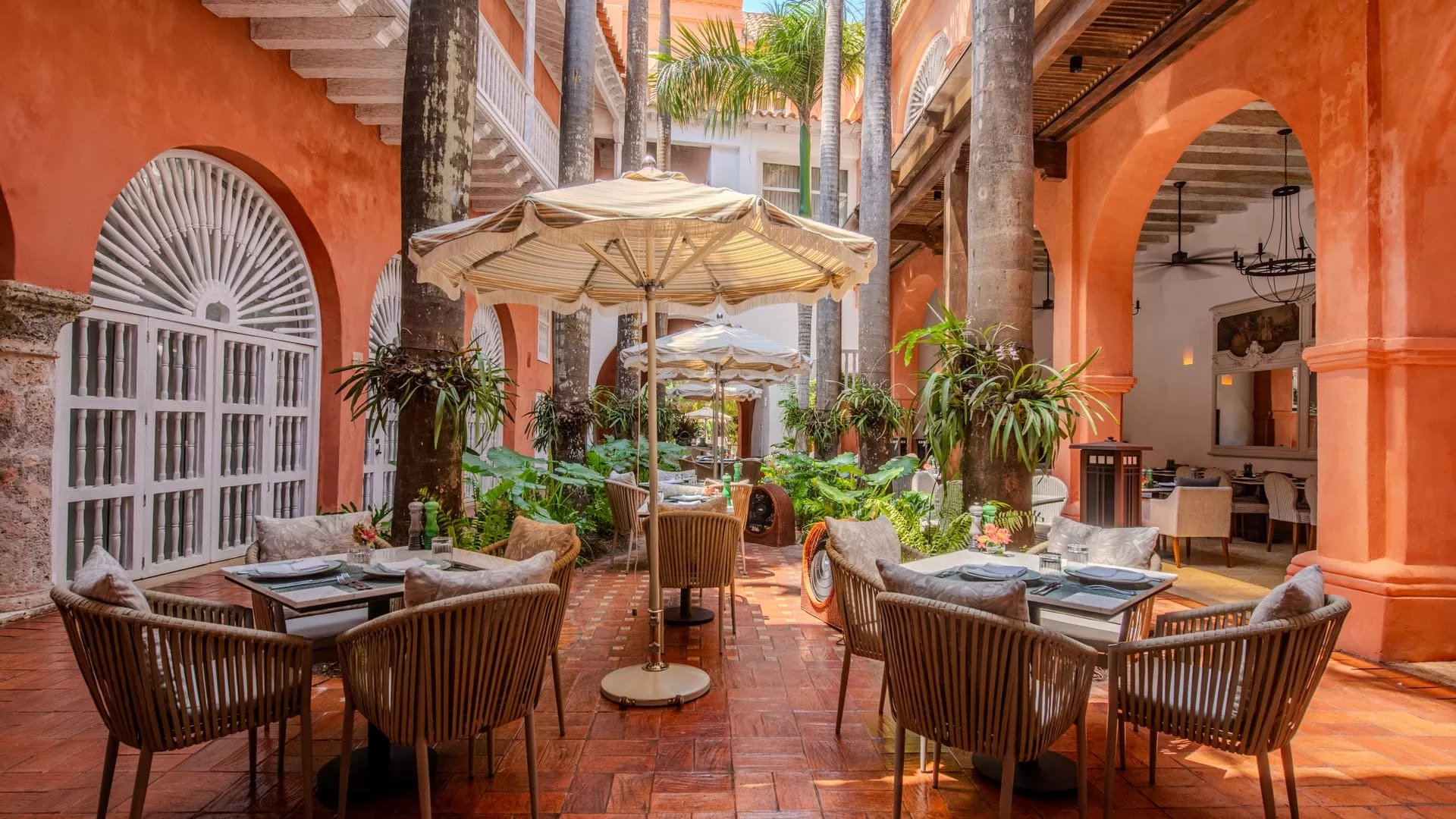For many people buying a second home abroad is dream come true. It’s also a long-term strategy that, if done right, combines personal freedom, investment potential, and a gateway to international living. Whether you’re looking for a sun-soaked escape, a rental income stream, or a foothold for future relocation, owning property overseas can unlock a wealth of opportunities. But it also requires careful planning, local knowledge, and a deep understanding of the financial and legal landscape.
A successful home purchase in another country depends on aligning your goals with the right location, legal setup, financing, and long-term responsibilities. With clarity, research, and the right team, buying abroad can be a rewarding, strategic step toward a globally mobile lifestyle.
Finding the Right Location
Choosing the right country and city is the most critical decision you’ll make in the process. Some buyers are drawn by lifestyle—think coastlines, culture, or cuisine. Others are driven by investment, looking for strong capital appreciation or stable rental yields. Before you fall in love with a place, ask yourself: How often will I visit? Will I rent it out? Do I want to retire there?
Popular destinations like Portugal, Spain, and Greece offer residency pathways through property purchase, while others like Thailand and Mexico are attractive for their affordability and quality of life. Urban hubs may provide better rental potential, but countryside and coastal locations often come with more charm and lower prices.
Read more like this: Beyond the Golden Visa – The Future of Residency
Crucially, research the local property market, infrastructure, and future development plans. Engage with local agents, read expat forums, and, ideally, spend time in the area before committing. What feels like paradise for a week might not suit your long-term needs.

Understanding Legal Requirements
Each country has different laws regarding foreign ownership. Some, like Colombia and Turkey, have few restrictions and actively welcome international buyers. Others, such as Switzerland or New Zealand, place limitations on non-residents.
It’s essential to work with a local lawyer who understands the intricacies of property law, title transfer, and foreign buyer requirements. This includes verifying ownership, zoning regulations, and any building restrictions. Some countries may require additional approvals for foreigners or impose caps on the number of properties that can be sold to non-citizens.
You should also understand the legal structure of your ownership. Will you hold the property in your own name, a local corporation, or a trust? This decision can affect everything from taxation to inheritance.
Financing Your Purchase
How you finance your second home abroad will depend on your personal financial situation and the lending environment in your chosen country. Cash purchases are often the simplest route, especially in places where mortgages for foreign buyers are limited or expensive.
However, some countries do offer financing to non-residents. Spain and Portugal, for instance, have banks that provide mortgages to foreigners, though typically at higher interest rates and with larger down payments. If you’re leveraging property in your home country, a home equity loan could be a viable way to free up capital.
Factor in all transaction costs, including notary fees, stamp duty, legal fees, and agent commissions. These can add 5% to 15% to the purchase price, depending on the location. Currency exchange rates can also affect the total cost, so consider using a specialist foreign exchange service to lock in better rates and avoid surprises.

Residency and Visa Options
In some countries, buying property can help you gain residency rights or ease your path toward long-term visas. Portugal’s Golden Visa and Greece’s Residency by Investment program allow buyers to obtain residency in exchange for meeting certain property value thresholds.
For those not seeking a formal residency, it’s still important to understand the visa rules. How long can you stay each year? Will owning a property grant you any special consideration? And are there any tax obligations triggered by your time spent there?
Understanding the relationship between property ownership and residency is key, especially if you plan to spend significant time abroad or eventually retire in your second home.
Managing the Property From Afar
Owning a home abroad is a long-distance commitment. If you won’t be living there full-time, you’ll need to think about how to manage maintenance, utilities, and security. Many owners work with property management companies that handle everything from repairs and landscaping to short-term rental turnover.
If you plan to rent the home while you’re away, look into local rental laws. Some cities have strict short-term rental regulations, and you may need to register the property or obtain a license. Think carefully about insurance, local tax compliance, and how you’ll handle guest communication and emergencies.
Technology helps—smart home systems, security cameras, and digital keypads can allow you to keep an eye on things from anywhere. But ultimately, having trustworthy local contacts is invaluable.
Tax Implications
Buying a home overseas can trigger tax obligations both abroad and at home. You may be liable for property taxes, rental income tax, capital gains tax, or even wealth taxes in the country where the home is located.
In your home country, you may also need to report the property and any income it generates. For U.S. citizens, this includes filing with the IRS and possibly reporting foreign bank accounts if you use a local account to manage the property.
Tax treaties between countries can help prevent double taxation, but this is a complex area, and getting advice from an international tax expert is strongly advised. The goal is to optimize your tax strategy while staying fully compliant.

Read more like this: Why Living Abroad Works
Making It Work for You
A second home abroad is both a financial asset and a lifestyle choice. For some, it’s a vacation getaway that doubles as a long-term investment. For others, it’s the first step toward retirement or a new life overseas. Whatever your goal, the key to success is preparation.
Do your due diligence. Visit in person. Build local relationships. Understand the costs and benefits—and be realistic about the responsibilities. With the right plan and mindset, a second home abroad can be more than a dream. It can be a smart, sustainable part of your global future.
Read more like this: Why Securing Second Residency Is Crucial to Your Escape Plan










